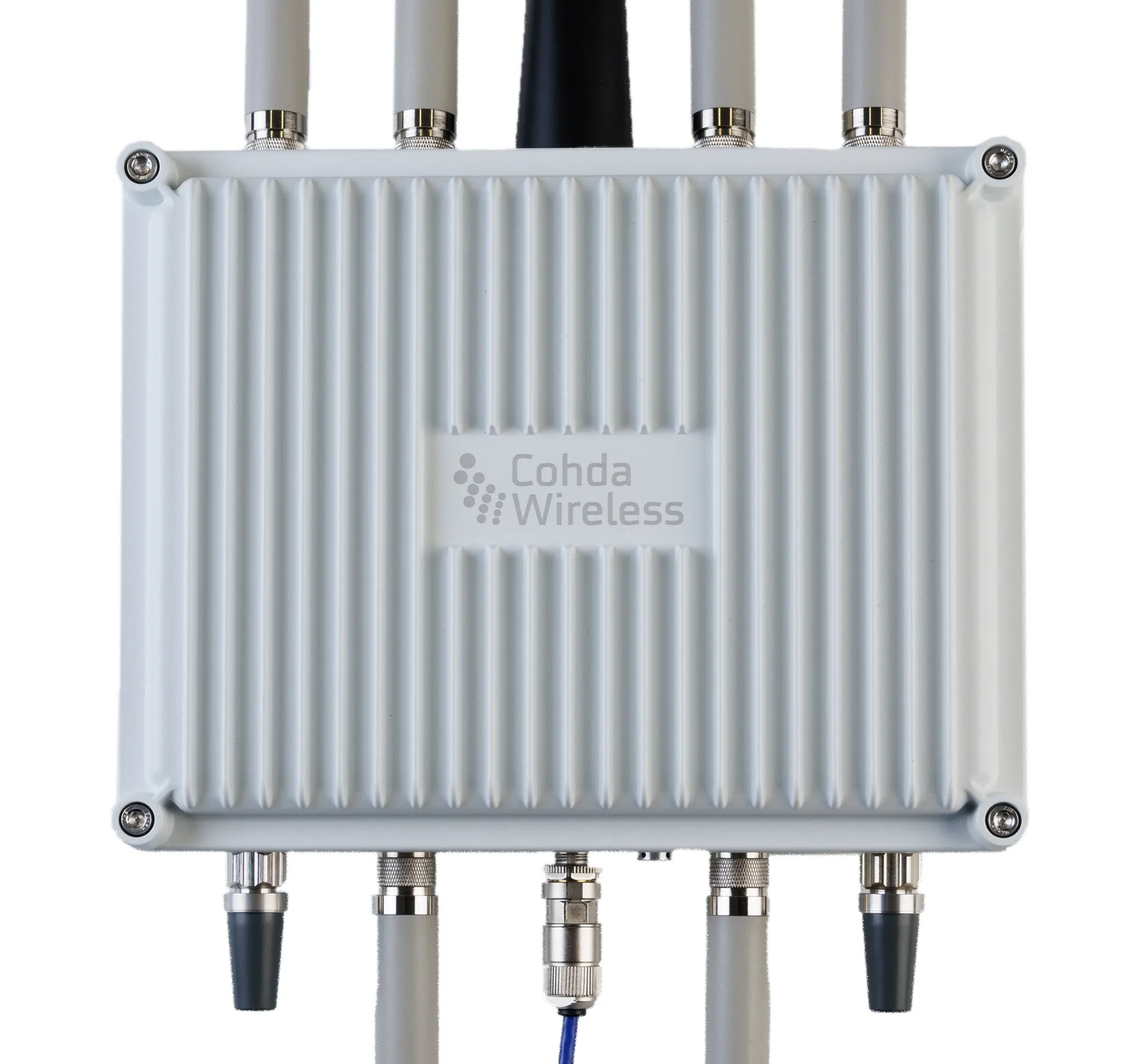As part of the US Safety Pilot Model Deployment, the University of Michigan Transportation Research Institute (UMTRI) has partnered with two motorcycle manufacturers, Honda and BMW to launch a motorcycle study using vehicle-to-vehicle (V2V) communications technology from Cohda Wireless to determine how cars, trucks, buses and motorcycles interact. Two tasks, motorcycle communications feasibility testing and motorcycle to vehicle performance testing, will be conducted as a proof of concept for incorporating
June 11, 2013
Read time: 2 mins
As part of the US Safety Pilot Model Deployment, the 5647 University of Michigan Transportation Research Institute (UMTRI) has partnered with two motorcycle manufacturers, 1683 Honda and 1731 BMW to launch a motorcycle study using vehicle-to-vehicle (V2V) communications technology from 6667 Cohda Wireless to determine how cars, trucks, buses and motorcycles interact.
Two tasks, motorcycle communications feasibility testing and motorcycle to vehicle performance testing, will be conducted as a proof of concept for incorporating motorcycles into the connected vehicle environment.
The V2V connected vehicle equipment provided by Cohda for these motorcycles is based upon the RoadLink chipset resulting from collaboration between Cohda Wireless and566 NXP Semiconductors. This automotive-grade, market-ready chipset consists of a software defined radio chip from NXP running connected vehicle firmware from Cohda with unmatched performance. NXP is providing the chipset including firmware in a one-stop shop to customers based on exclusive licence with Cohda.
“Cohda Wireless is a proven leader in the development of connected vehicle technology. Cohda will add valuable technical expertise to the team to ensure project success,” said assistant program manager Debby Bezzina, a senior program manager at UMTRI.
Paul Gray, CEO of Cohda Wireless, noted it was extremely important that connected vehicle technology be extended to vulnerable road users such as motorcycle riders and pedestrians. “We are very proud to see our products being used in this important trial to improve the safety of car drivers and motorcycle riders alike.”
Two tasks, motorcycle communications feasibility testing and motorcycle to vehicle performance testing, will be conducted as a proof of concept for incorporating motorcycles into the connected vehicle environment.
The V2V connected vehicle equipment provided by Cohda for these motorcycles is based upon the RoadLink chipset resulting from collaboration between Cohda Wireless and
“Cohda Wireless is a proven leader in the development of connected vehicle technology. Cohda will add valuable technical expertise to the team to ensure project success,” said assistant program manager Debby Bezzina, a senior program manager at UMTRI.
Paul Gray, CEO of Cohda Wireless, noted it was extremely important that connected vehicle technology be extended to vulnerable road users such as motorcycle riders and pedestrians. “We are very proud to see our products being used in this important trial to improve the safety of car drivers and motorcycle riders alike.”









